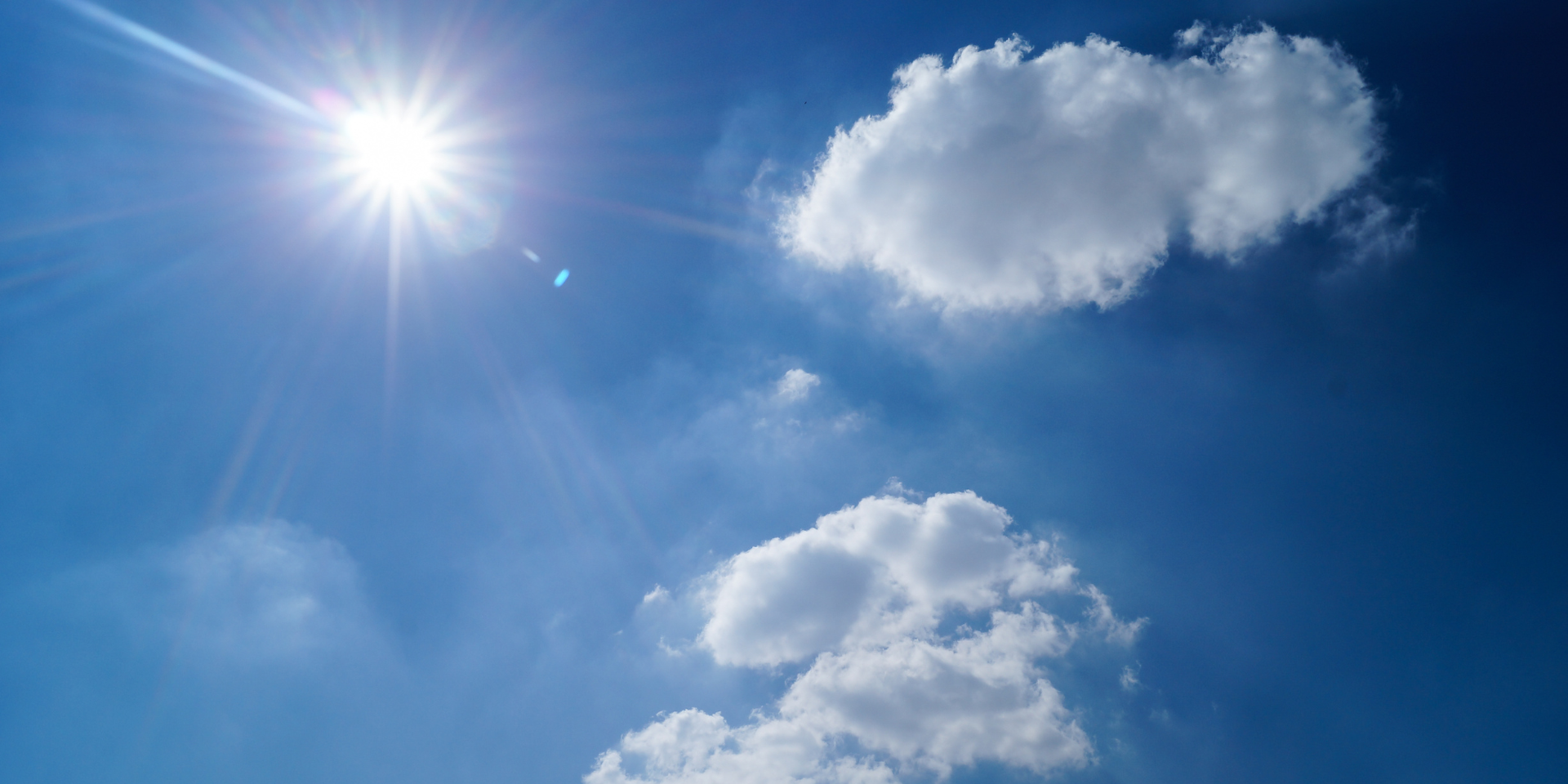In this article, we'll explain what UV radiation is, how it affects your health, and how you can protect yourself from too much UV exposure.
Ultraviolet (UV) radiation is a type of energy that comes from the sun and some artificial sources like tanning beds. While some UV radiation is needed to make vitamin D, too much can harm your skin and eyes.
What is UV radiation?
UV radiation is part of the light spectrum, which includes visible light and other types of energy. There are three types of UV radiation: UVA, UVB, and UVC. UVC is mostly blocked by the Earth's atmosphere, but UVA and UVB can reach the ground and affect our health.
How UV radiation affects your health
Skin health
- Sunburn: UV radiation can cause sunburn, making your skin hot, red, and sore. Severe sunburn can lead to blisters and peeling. Repeated sunburns can increase the risk of skin cancer because UV radiation damages the DNA in your skin cells. Not all of this damage can be repaired, leading to long-term skin aging and a higher risk of skin cancer.
- Skin cancer: UV radiation is a major cause of skin cancer, including melanoma (the most serious type) and non-melanoma. Protecting your skin from UV radiation is important to reduce the risk of skin cancer.
Eye health
- Short-term effects: UV radiation can damage the surface of your eyes, including the cornea and lens. This can cause conditions like photokeratitis, which is similar to sunburn but affects the eyes. Symptoms include pain, redness, and temporary vision loss.
- Long-term effects: Long-term exposure to UV radiation can lead to serious eye conditions like cataracts, which are the leading cause of blindness worldwide. UV radiation is also a risk factor for age-related macular degeneration, which affects the retina and can lead to vision loss.
Benefits of UV radiation
Despite its risks, UV radiation has benefits, such as helping your body produce vitamin D. Vitamin D is important for healthy bones and teeth because it helps regulate calcium and phosphate levels. Just a few minutes in the sun can help your body make enough vitamin D, but it's important to balance sun exposure with protection to avoid harmful effects.
Many of us look forward to Spring sunshine. But with UV levels higher than we’ve been used to over winter, it can lead to sunburn.
— Met Office (@metoffice) April 28, 2025
Here's some advice from @NHSuk on how to enjoy the sunshine safely ⤵️https://t.co/Yb8DOWqwzo#WeatherReady pic.twitter.com/k5d8emiywV
How to protect yourself from UV radiation
Protecting yourself from UV radiation involves several steps:
- Use sunscreen: Apply a high-factor sunscreen with good UVA and UVB protection. Reapply every two hours, and after swimming or sweating.
- Wear protective clothing: Wear clothing, hats, and sunglasses to reduce your UV exposure. Look for clothing with a high UV protection factor (UPF).
- Seek shade: Stay in the shade, especially between 11 am and 3 pm when the sun's rays are strongest. Trees, umbrellas, and other forms of shade can help protect you.
- Wear sunglasses: Protect your eyes with sunglasses that block 99 to 100 percent of UVA and UVB radiation. Wraparound sunglasses offer the best protection, and grey lenses provide proper color recognition.
- Check UV levels: Look up the UV index for your area to understand the strength of UV radiation each day. The UV index ranges from low to very high, and it's important to take precautions when UV levels are moderate or above.
Special considerations for winter sun
UV radiation can be stronger in alpine areas during winter because snow reflects about 85% of the sun's UV rays. This can cause sunburn even in cold weather. Protect yourself with sunscreen, protective clothing, and sunglasses when doing winter sports.
Increasing UV awareness
Many people don't fully understand the effects of UV radiation. Research shows that many people don't know the sun is the main source of UV radiation, and they often underestimate the risks to their eyes. Educating people about UV protection, especially for children, is crucial for preventing long-term health issues.
UV radiation has both benefits and risks. It helps produce vitamin D but can also damage your skin and eyes. By understanding the effects of UV radiation and taking steps to protect yourself, you can enjoy the sun safely and reduce health risks. Remember to use sunscreen, wear protective clothing and sunglasses, stay in the shade, and check UV levels to stay safe.
You can get UV forecasts for UK and worldwide locations on the Met Office weather app. The UV forecast shows the UV index for the next 7 days and an hourly forecast for the next 2 days.
- For iPhone the app is available from the App store.
- For Android the app is available from the Google Play store.
You can also keep up to date with weather warnings, and find the latest forecast on our website, on YouTube, by following us on X and Facebook.



